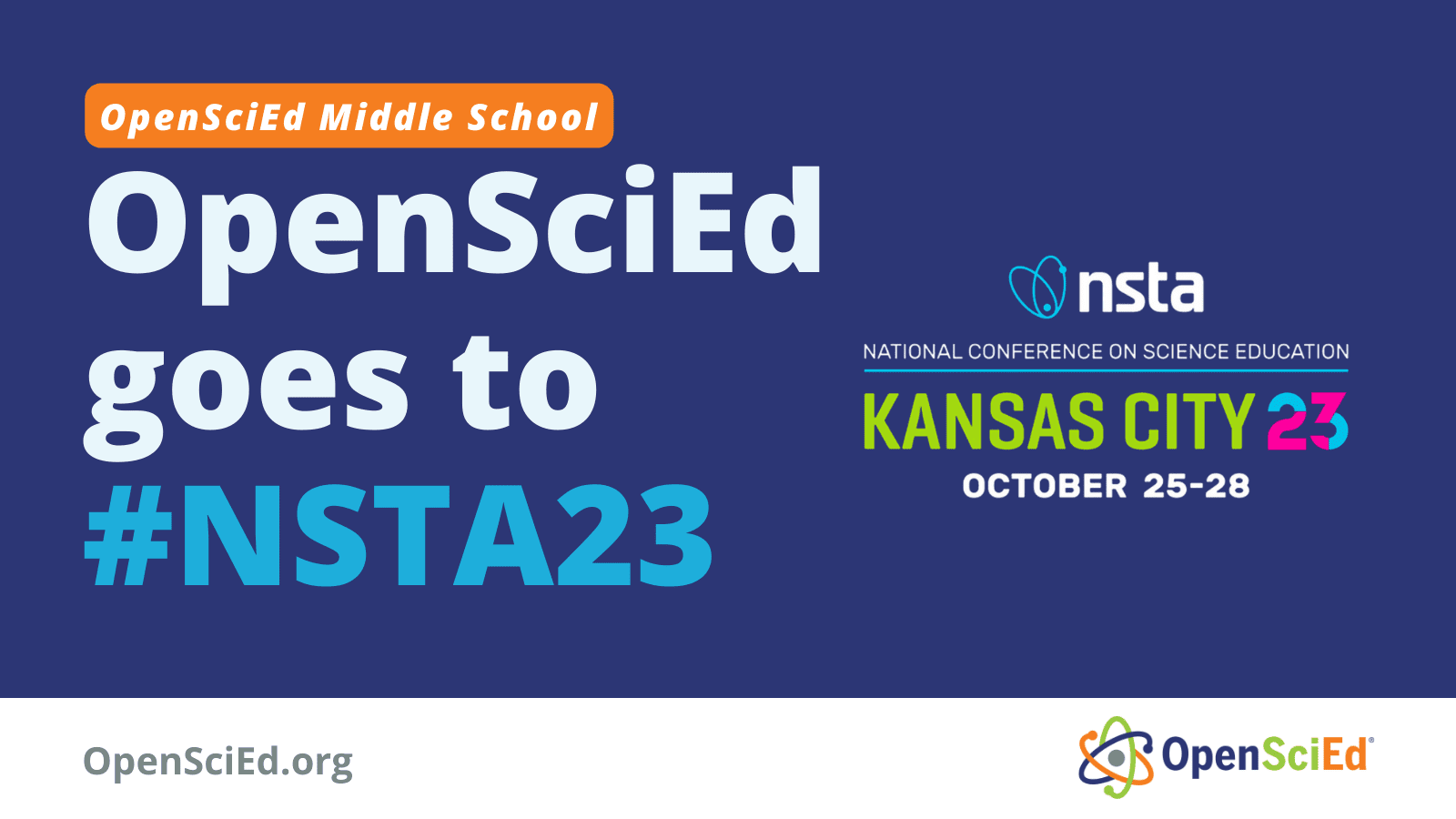#NSTA23 – Why Are Oysters Dying and How Can We Use Chemistry to Protect Them? Using Chemistry to Solve ESS Problem
OpenSciEdGraphic-FINAL-White-Background-01OpenSciEd HS’s reversible reactions unit on ocean chemistry has three unique foci: 1) engineering, 2) math with scale, proportion, and quantity, and 3) relevance to students. Students use stoichiometry and acid-base reactions to make sense and design solutions to prevent oyster die off. TAKEAWAYS: This unit supports students as they figure out understandings of reversible reactions […]




